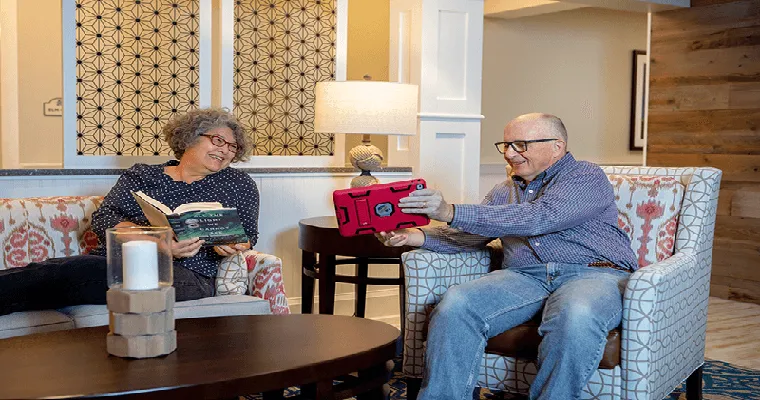Choosing a "Continuing Care Retirement Community (CCRC)" for "independent living" is a significant decision, often accompanied by expectations of a vibrant lifestyle and supportive services. However, many residents have reported various "problems" after moving in, ranging from "financial" concerns to issues with "care", "food quality", and "contracts". Understanding these challenges is crucial for prospective residents to make informed decisions.
When individuals transition to a CCRC, they often anticipate a seamless experience. Unfortunately, some residents have encountered unexpected "financial problems". These can arise from hidden fees, unexpected increases in monthly costs, or misunderstandings regarding what services are included in the initial contract. It's essential to thoroughly review the contract and ask questions about any potential financial obligations before signing.
Another common issue reported by residents involves the quality of "care" provided. While CCRCs typically offer a range of services designed to support independent living, some residents have found that the level of care falls short of their expectations. This may include inadequate staffing, delayed responses to requests for assistance, or insufficient attention to personal health needs. It is advisable for prospective residents to inquire about staff-to-resident ratios and the qualifications of caregivers.
"Food quality" is another area where residents have expressed dissatisfaction. Many CCRCs promote gourmet dining experiences, yet some residents have found that the actual meals do not meet these expectations. Complaints often revolve around limited menu options, poor food quality, or inconsistent meal service. Prospective residents should consider visiting the dining facilities and speaking to current residents about their experiences with the food provided.
The complexities of CCRC "contracts" can also lead to misunderstandings and subsequent problems. Some residents discover that the terms of their agreements are not as straightforward as they initially believed. Issues such as the conditions under which they can transition to higher levels of care, cancellation policies, and refund procedures can create confusion. It is crucial for individuals to have a clear understanding of the contract details and to seek legal advice if needed before making a commitment.
In conclusion, while many residents enjoy their time in CCRC independent living, it is essential to be aware of potential issues that may arise after moving in. "Financial concerns", inadequate "care", subpar "food", and complex "contracts" are common challenges that some residents face. Conducting thorough research, asking the right questions, and seeking testimonials from current residents can help prospective residents make a more informed decision and avoid pitfalls associated with independent living in CCRCs.





